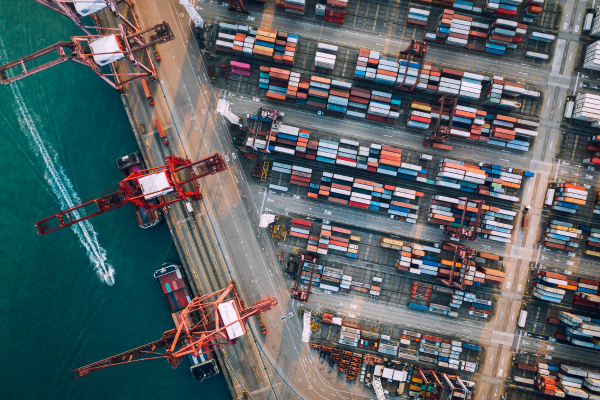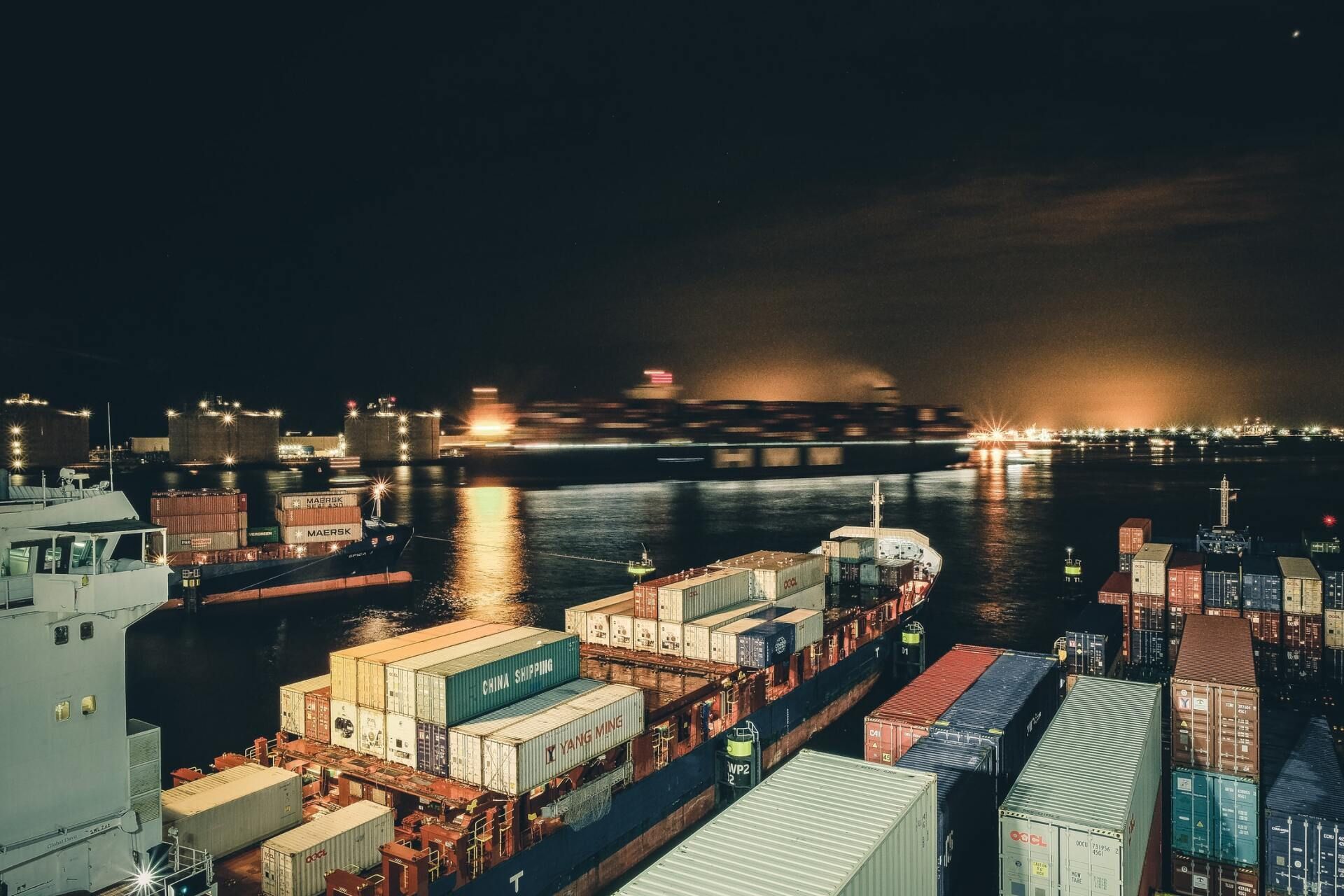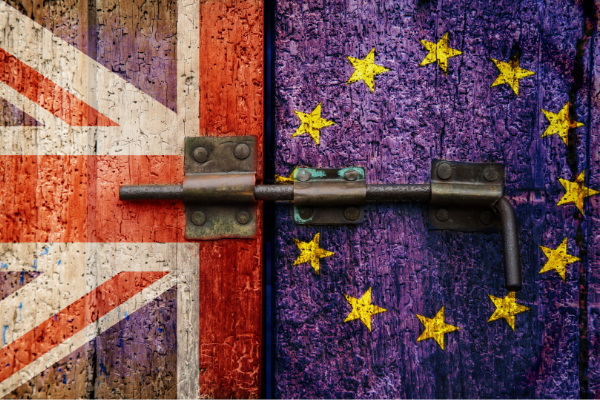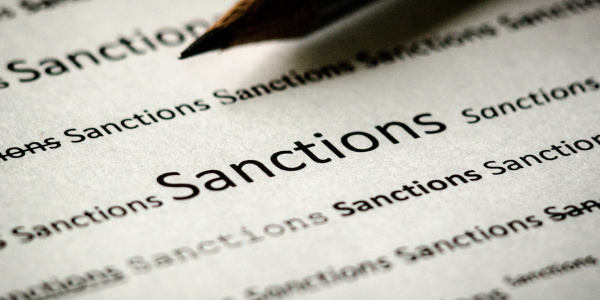
In an era of heightened environmental consciousness and ambitious climate goals, nations increasingly focus on implementing measures to curb carbon emissions. One such initiative gaining momentum is the Carbon Border Adjustment Mechanism (CBAM). Developed to align trade policies with climate objectives, CBAM is poised to reshape the landscape of international commerce, ensuring that imported goods meet stringent environmental standards. Now, the United Kingdom is gearing up to introduce its own iteration of CBAM, marking a significant stride towards a more sustainable future.
Understanding CBAM:
The essence of CBAM lies in its aim to prevent carbon leakage, where stringent climate policies in one region inadvertently relocate carbon-intensive industries to areas with lax regulations. By imposing carbon-related charges on imported goods linked to the embedded carbon content, CBAM seeks to level the playing field for domestic producers while incentivising global adherence to environmentally responsible practices.
The UK's Commitment:
Building upon its commitment to combat climate change, the UK government has announced plans to implement its own CBAM. Through this mechanism, the UK aims to ensure that imported goods align with its ambitious climate targets, fostering a fair and sustainable global trading system.
Consultation Period:
As part of the preparatory phase for the introduction of CBAM, HM Revenue and Customs (HMRC) has launched a consultation period to gather input from stakeholders. This consultation is crucial for businesses, industry experts, and the public, to contribute their perspectives and insights on the proposed CBAM framework, particularly for UK Exporters who have already been affected by the EU CBAM, which came into force in October 2023.
Participating in the Consultation:
Businesses and individuals interested in shaping the UK's CBAM strategy are encouraged to participate actively in the consultation process. By voicing their opinions and concerns, stakeholders can help ensure that the final CBAM framework is robust, effective, and conducive to sustainable trade practices.
For detailed information on the UK's CBAM proposal and the ongoing consultation, interested parties can visit the HMRC website.
Below are the relevant links:
HMRC - Carbon Border Adjustment Mechanism (CBAM) Consultation
HMRC – CBAM Consultation Response
HMRC - CBAM Guidance and Resources
As the global community grapples with the urgent need to address climate change, initiatives like the Carbon Border Adjustment Mechanism are becoming increasingly common. By integrating environmental considerations into trade policies, nations can foster a more sustainable and equitable economic landscape. Through active engagement in the consultation process, stakeholders can play a pivotal role in shaping the UK's CBAM framework, paving the way for a greener, more resilient future.
If you are interested in exploring this topic further, you might find it worthwhile to consider the training courses and live clinics offered by Strong & Herd LLP:

Understanding the EU Carbon Border Adjustment Mechanism (CBAM): What does it mean for UK Exporters?
Since the 30th of September 2023, the EU Carbon Border Adjustment Mechanism has been implemented on imports of certain carbon-intensive products into the EU. Understanding your responsibilities when sending CBAM goods to the EU can seem complicated.
OneCall™ Email assistance as and when required; A one-call solution for all your import, export and customs enquiries. Export help. Import help. Customs help.
Stay informed about customs and international trade matters by subscribing to our OneCall™ service. This comprehensive offering includes a dedicated email helpline for support, timely practical updates direct to your inbox (Did You Know?), monthly UK Customs & Trade Briefings and access to an interactive members' area with an exclusive community for our subscribers.
International Trade Updates & Spotlight Newsletter
Subscribe to our free information emails covering international trade topics...
MORE INDUSTRY INSIGHTS...


Strong & Herd LLP







